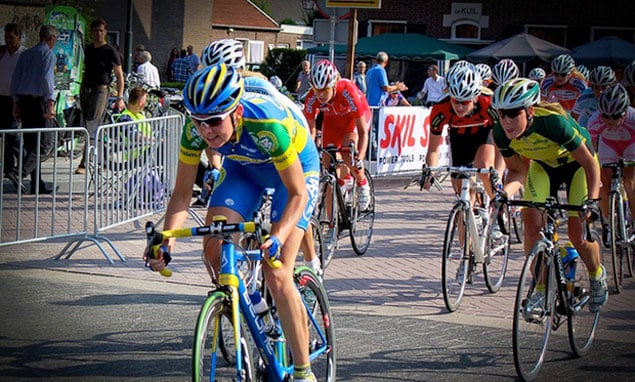For women who tell their doctors they’re doing everything right but still aren’t getting pregnant, the reason could come as a surprise: They’re working out too much.
A new study conducted by researchers in the US and Denmark found that women who exercised vigorously and were of normal weight had a difficult time conceiving, compared with women who exercised moderately.
The study, published in the journal Fertility and Sterility, included more than 3,000 Danish women ages 18 to 40. After one year, researchers found that women who engaged in high-intensity exercise, such as running, fast cycling, swimming, or aerobics, more than five hours a week had a 32 percent lower chance of becoming pregnant.
On the other hand, women who moderately exercised more than five hours a week were 18 percent more likely to get pregnant. Moderate exercise included brisk walking, leisurely cycling, golfing, and gardening.
Also surprising was that researchers found vigorous exercise had no effect on how long it took overweight or obese women to get pregnant. This means exercise in general might help overweight women get pregnant faster; generally, being overweight had been cited as the culprit of fertility issues and complications. Of course, this doesn’t necessarily mean one should try to gain weight to get pregnant.
It does mean, however, that women who are trying to get pregnant should consider giving up the marathon races for a while in favor of moderate exercise. Intense, competitive female athletes have been known to have issues with menstrual irregularity, which researchers cited as a possible cause for difficulty conceiving.
In addition, the study does have at least one caveat: The women were asked about their exercise habits at the start of the study, so some of them could have exaggerated their answers.
For more information, click here.



















